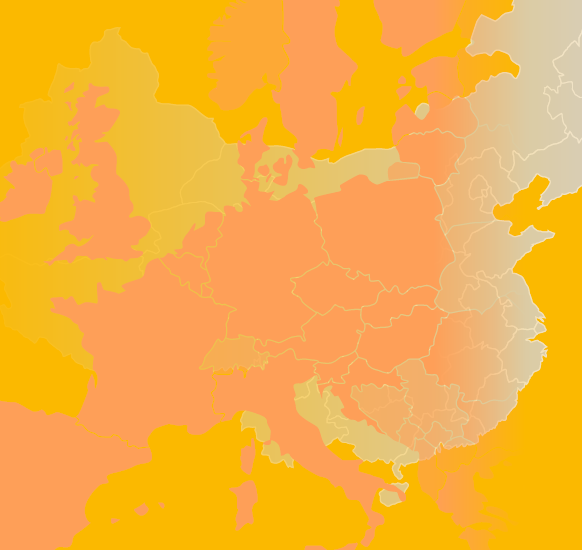
Practical information
Themes and regions
Related centers and programs
As China elaborates on the design of its "Belt and Road Initiative" (OBOR), the place of Europe within this project is slowly but surely taking shape.

From rail projects in Poland and Germany to port projects in Greece and Latvia, Europe is a converging point for both the overland and maritime dimensions of China's grand project. But while it offers a number of opportunities for investment and economic development, OBOR does not present the same across Europe and is even viewed with scepticism in some capitals.
This seminar will present and discuss the findings of a forthcoming report by the European Think-tank Network on China (ETNC) that seeks to flesh out some of these varying perspectives. Based on a case study analysis of fourteen countries within the EU, the report takes a "bottom-up" approach, examining the development of the OBOR project within each country, as well as at the EU institutional level. During the seminar, some of the report's authors will discuss China's approach to Europe and European responses within the context of OBOR.
- John Seaman, Research Fellow, Center for Asian Studies, Ifri (Introductory remarks and chair)
- Alice Ekman, Research Fellow, Head of China Research, Center for Asian Studies, Ifri (China's approach to Europe)
- Frans Paul Van der Putten, Senior Research Fellow, Clingendael, Netherlands Institute of International Relations (European perspectives on OBOR)
ETNC is a network of China specialists from think tanks across Europe co-founded by Ifri and the Elcano Royal Institute (Spain) in 2014. Meeting on a semi-annual basis, the network now counts representatives from institutes in 15 countries throughout the EU.
Find out more
Mapping Europe-China Relations: A Bottom-Up Approach. A Report of the European Think-tank Network on China ETNC, October 2015
As China’s rise continues to shape and shake the course of international affairs, and Europe enters a new chapter in its collective history, Europe-China relations are becoming more relevant, but also much more complex.





